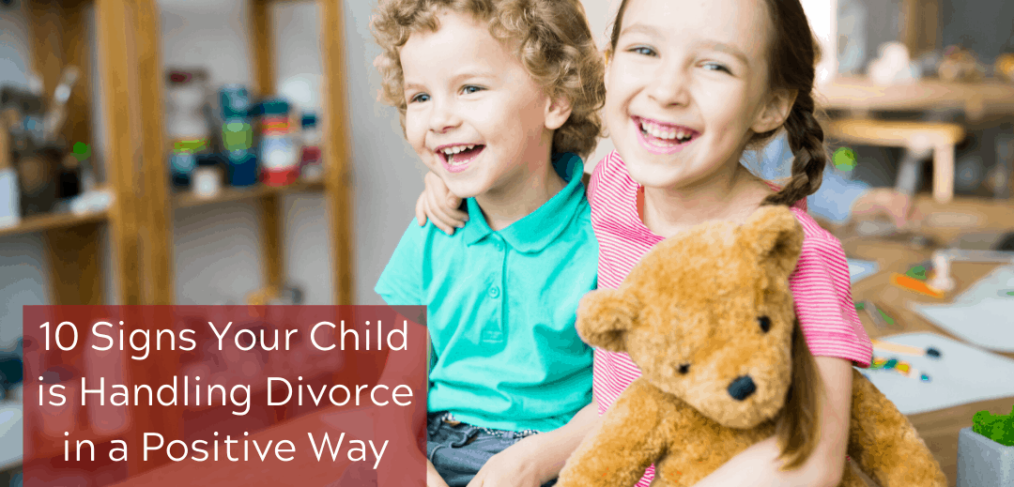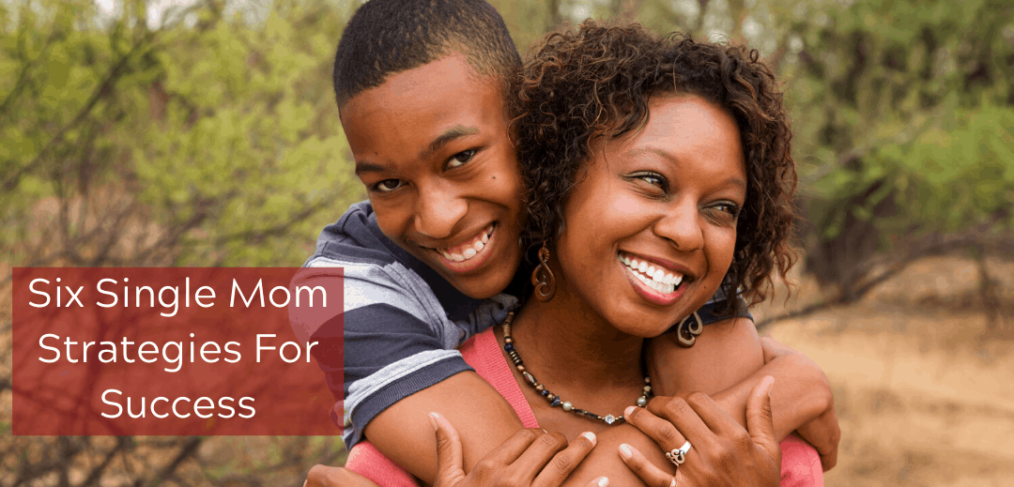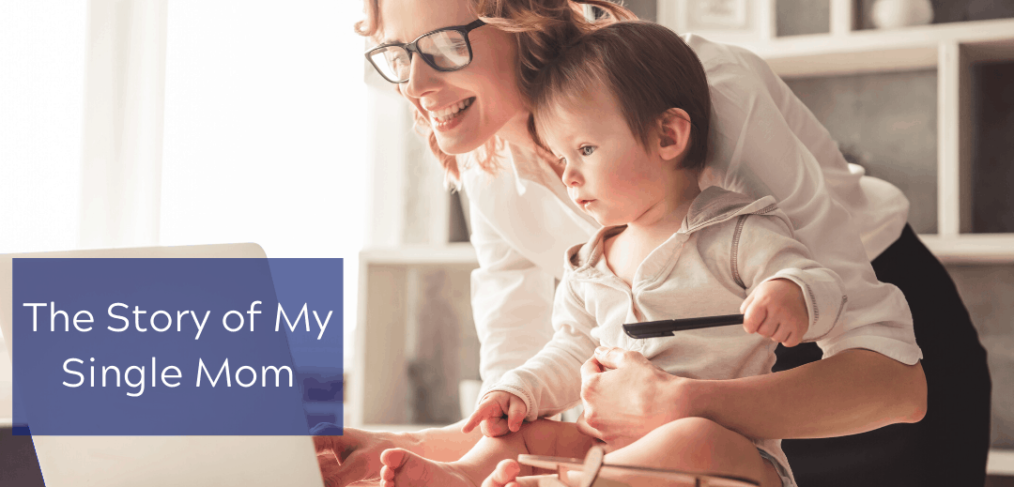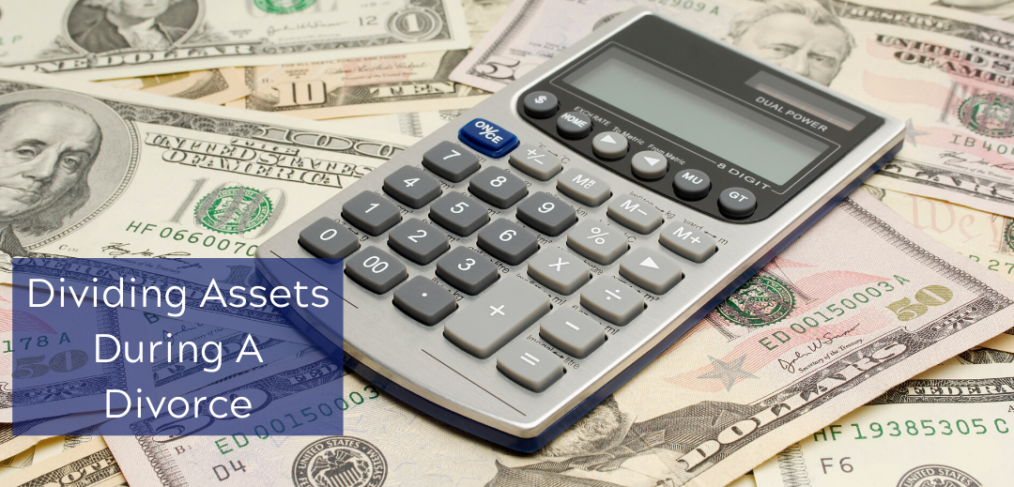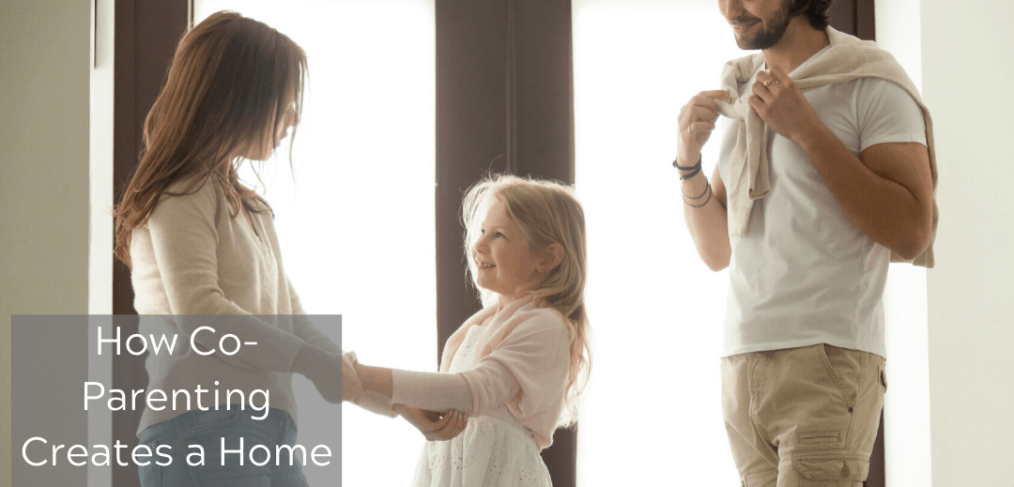Empowerment is one of those words that’s often tossed around, but not many people know what it really means. Consider empowerment to be an individual process, a journey or path you take in order to achieve desires and fulfillment.
Divorce has a major impact on a family in many ways, especially when children are involved. So how do you know if your child is doing “OK” with the divorce?
This article from www.familyshare.com provides a list of 10 signs for you to know if your child is handling your divorce in a positive way.
Divorce is almost never easy, even when both parties agree it’s time to part ways. But what about when the request to dissolve the marriage takes one half of the couple by surprise? When one thought everything was fine and suddenly finds him/herself staring at divorce papers? What’s the best way to handle a divorce that you didn’t see coming, and certainly don’t want?
Single parenthood has lots of examples to follow, because single-parent families are more common than ever. Currently, there are 10 million single moms, keeping up with the demands of work, home and personal life–single-handedly.
Holidays can be brutal for the children of divorced parents. Kids often feel incomplete. If the children spend most of the time with you and your partner, they will no doubt feel torn about not being with poor Mom or Dad. Try to respect the fact the kids are thinking of their other biological parent and their nostalgia for the past is not a direct shot at you.
Every relationship is different. Marriages end for different reasons. Divorces are avoided for different reasons.
So, first understanding the value of your relationship is a great first step in determining what can (or can’t) be done to save a marriage that may be headed to divorce. As today’s guest blogger and relationship author tells us, start by asking yourself if your marriage is worth saving:
I am married, and I am a dad. I cannot tell you from the point of view of a single mother, how to parent a child. Yet, I still feel qualified to write this piece as I am the result of being raised by a single mom.
Making the decision to separate or even divorce is a tough pill to swallow. Couple in the decision to equally divide up assets and it can be quite a challenge. State laws differ so you need to understand that you are not guaranteed to get half of the marital assets in a divorce. Assets acquired by you and your spouse during marriage are considered marital property (i.e. property, retirement benefits). However, in the United States, there are two very different divorce standards, equitable distribution, and community property. Currently, there are 10 “community property” states and 41 “equitable distribution” states.
It is easy to dwell on all the changes you’re going through during the process of divorce. From relief to frustration, and hope to despair, just about every feeling in the book will overwhelm you at one point or another. We asked our experts how do women survive the roller coaster of divorce? The answer might surprise you!
Co-parenting creates a home for your children. In fact, it creates two healthy homes for a family and for your children’s overall health. It means taking a step back from your own desires and hurts and focusing on what’s best for your kids, and co-parenting is what they need.


